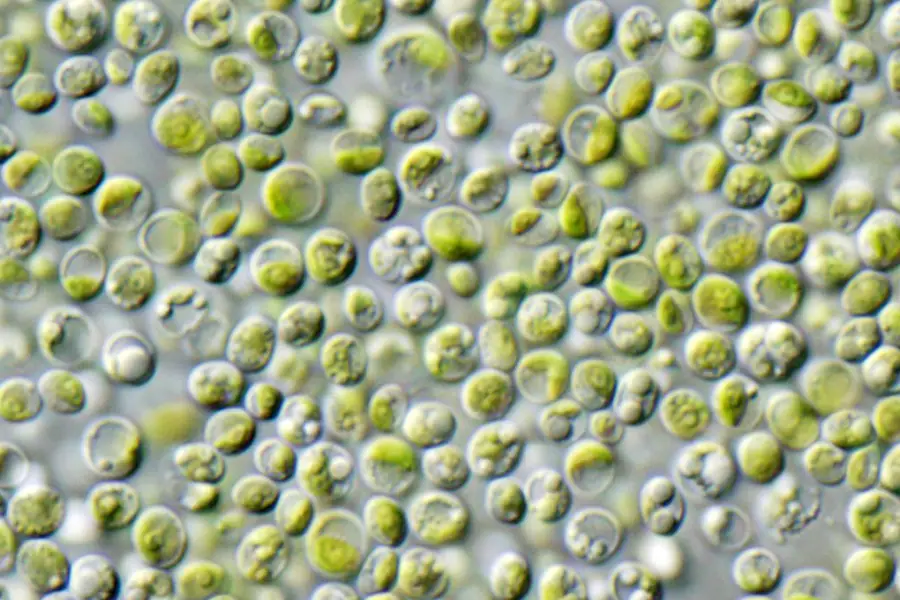Chlorella Vulgaris: A Potential Sustainable Food Source

A recent study published in the Journal of Food Science highlights the potential of Chlorella Vulgaris, a freshwater microalga, as a sustainable and nutrient-rich food source. Researchers from the University of Birmingham examined its nutritional profile, production challenges, and possible applications in the food industry.
Chlorella Vulgaris is rich in protein, lipids, carbohydrates, vitamins, and minerals, making it a promising alternative to conventional food sources. Unlike traditional agriculture, its cultivation requires fewer land and water resources, contributing to environmental sustainability. The study notes that its antioxidant properties and possible health benefits, including immune support and detoxification, further enhance its value as a nutraceutical ingredient.
Despite these advantages, large-scale production and consumer acceptance remain challenges. The researchers emphasize the need for advancements in cultivation techniques, processing methods, and sensory improvements to enhance its appeal. Potential solutions include optimizing growth conditions through specialized bioreactors and improving digestibility through enzyme treatments and mechanical processing. Sensory evaluations may also be necessary to address taste-related concerns.
Beyond its nutritional benefits, Chlorella Vulgaris aligns with global sustainability efforts by capturing carbon dioxide and contributing to wastewater treatment. The study suggests that further research into strain development and efficient production methods will be essential for its broader adoption in the food industry.


Responses